|
Almost 15 years ago this month, my life changed in a completely unpredictable way. I was happily married to my high school sweetheart. We had a healthy 2-year-old son who loved everything about the world around him. My husband and I were both working at our dream jobs. We had good support from family and friends, were living in a beautiful apartment community, and were so very hopeful about our future. It seemed like the perfect time to complete our family by trying for a second child. The first few months of my second pregnancy were filled with hopefulness and excitement. Then, instantly, the rug got pulled out from under me. The funding for my dream job was cut, and just like that, I was in my second trimester of pregnancy - unemployed and unsure of my future. After a routine checkup only a few weeks later, my doctor told me about the dangers of preeclampsia, a serious medical condition in which a person develops high blood pressure during or after pregnancy. The doctor was concerned I was at risk for developing preeclampsia as my blood pressure was ticking upward. Eventually, preeclampsia could lead to some organs, such as the kidneys or the liver, no longer functioning properly. It could also lead to complications like preterm birth, maternal illness, and death. Because preeclampsia can impact pregnant women anytime after the 20th week of pregnancy, even after delivery, I was right in the window of risk. My doctor told me to watch for any signs and symptoms of preeclampsia: headaches that don’t go away, changes in vision like blurriness or flashing lights, difficulty breathing, pain in my upper right belly or my shoulder, nausea, vomiting, dizziness, swelling in my legs, hands or face, and sudden weight gain. I left that appointment feeling terrified and suddenly aware of how fragile pregnancy and maternal health can be. I felt completely alone. No one in my family and none of my friends had ever had preeclampsia, and it certainly wasn’t something that was talked about openly. Pregnancy was supposed to be a joyous and magical time, and yet, in reality, for me, it was terrifying and risky. While I never got many symptoms my doctor had told me to watch for, my blood pressure continued to rise, and the swelling in my legs and hands became very noticeable. It was soon made official - I had preeclampsia, and my pregnancy was one of the unlucky 5%- 8% of pregnancies in which preeclampsia develops. Initially, my doctor put me on bed rest at home to try to decrease the chances of preterm birth and decrease the risk to my health. Despite having a supportive extended family, a husband with a relatively flexible job, affordable health insurance, and access to wonderful doctors, I felt like I was drowning and alone. People dropped off books to keep me busy, prepared meals, and offered to watch my son. But not many people were comfortable talking about the reality of the situation - my pregnancy and my health were at risk. Eventually, the risks became too great, and my doctor felt it best for me to be monitored in the hospital. I spent those long days and nights in the hospital, completely restricted to being in my bed unless I needed to use the bathroom. I could only sit up for a few moments at a time and had multiple lab draws, and fetal tests performed each day. The sole goal during that time was to keep me as safe as possible from the effects of preeclampsia and to try to keep the baby from being delivered too early. Those days in the hospital on bed rest were so difficult. I missed being at home. I missed tucking my son into bed every night. I missed my husband. I missed my bed. I missed not being poked and prodded all day. I missed being able to enjoy my pregnancy without being consumed by fear every day. I was terrified that I might lose the baby or even my own life. At 37 weeks, my condition had progressed to a dangerous place, and doctors determined the baby, and I would be safer if we delivered the baby that day. A few hours later, he was here, a healthy baby boy. For a few hours, everything felt hopeful and peaceful. Then my body started showing signs of preeclampsia again - because the risk does not go away after delivery. My discharge home with my new baby was delayed so that I could continue to be treated in the hospital for preeclampsia. Within a few weeks of finally returning home, it became evident that I was experiencing what 1 in 8 women who have recently given birth experience - symptoms of postpartum depression. Almost all of the signs were there. I felt depressed most of the day. I felt like a failure as a mother. I was tired all the time. I had little interest in the things that used to bring me joy. One day I leaned against the door jam of our bedroom door and started to cry as I told my husband that I was having thoughts of hurting myself. Through sobs, I told him that although I didn’t want to ever do it, I suddenly understood how some mothers could hurt their own babies. I was lucky to have a supportive husband and friends. I was fortunate to have access to good mental health care. I was able to get help right away. Not everyone is that lucky. Many women don’t get help. In fact, it is estimated that 50% of new mothers with postpartum depression go untreated. Think about that - about half of the new mothers in your life right now might have untreated postpartum depression. Despite there being over a decade between my pregnancy and postpartum experiences and those of the pregnant and postpartum women I currently support in my work as a therapist, the reality is that we still have so much work to do as a society to improve outcomes for pregnant women. So much work. This year alone, more than 6 million women will become pregnant in this country, and every one of them deserves access to the resources necessary to make the best decisions possible for their families and themselves. But so many women don’t have that access. Right now, an average of 2 women die every day from complications in pregnancy and childbirth, and 2 babies die every hour. The rate of preterm birth in the US is at a 15-year high - meaning the situation has only worsened since I delivered my second son. The situation is even more dire for pregnant people who are not White. Black women today are about 2.6 times more likely to die due to pregnancy and childbirth complications than White women, and Black and Native American women are 62% more likely to give birth preterm. These statistics make the U.S. among the most dangerous developed nations in the world for childbirth. Perhaps what makes this data even more painful is the knowledge that according to a recent CDC study, more than 80% of pregnancy-related deaths were preventable. Maternal mental health issues played a significant role in these deaths. 80% were preventable - meaning we can stop this from being our reality! If you know someone pregnant, recently gave birth or might become pregnant soon, right now is a great time to reach out to them and remind them how much you care about them. Be a safe space for them and offer your support. If you are thinking about becoming pregnant, are pregnant, or recently gave birth, I’d like to send you a message I wish someone had sent me all those years ago: You matter. Your health matters. You deserve all the resources and tools needed to ensure your pregnancy, delivery, and postpartum period are as healthy as possible. Watch It Starts with Mom Live to hear from health experts and other moms about what you need to know to ensure the best health outcomes for you and your baby. Tune in to It Starts With Mom Live TODAY! May 25 at 3:00 PM ET on March of Dimes Facebook, LinkedIn, Twitter, and YouTube. Episode Two: What You Need To Know When You're Pregnant In case you missed it, watch the first video in the It Starts With Mom series as we chat about mental health, cardiovascular issues, chronic health conditions, how to advocate for yourself, and much more. Go to itstartswithmom.org. (https://www.marchofdimes.org/find-support/it-starts-mom/it-starts-mom-live-event#may11) #partner #ItStartsWithMom #MarchofDimes @marchofdimes
0 Comments
Leave a Reply. |
ParentingParenting is one of life's greatest challenges and greatest rewards. Here we explore all aspects of parenting from pregnancy onward, highlighting both the struggles and the triumphs. Archives
July 2023
Categories
All
|
Sign Up For the Changing Perspectives Newsletter
Changing Perspectives with Jenni Brennan is supported by its audience.
When you purchase through links on this site, an affiliate commission may be earned. Learn More.
When you purchase through links on this site, an affiliate commission may be earned. Learn More.
Changing Perspectives Copyright © 2023
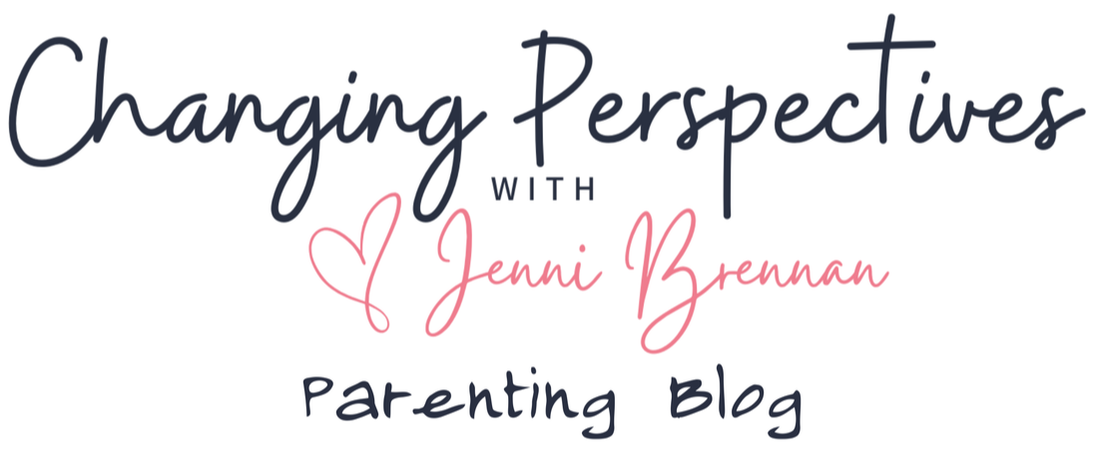
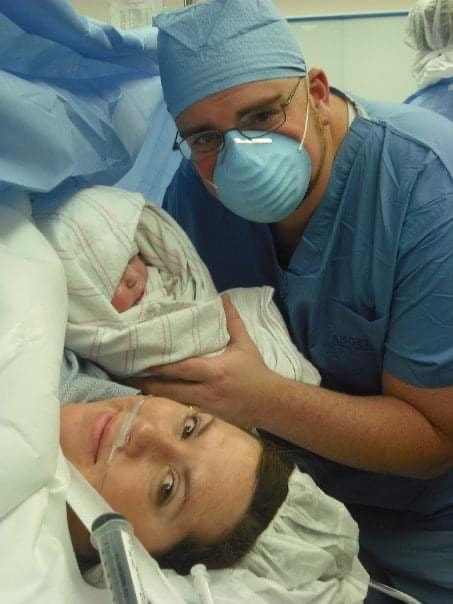
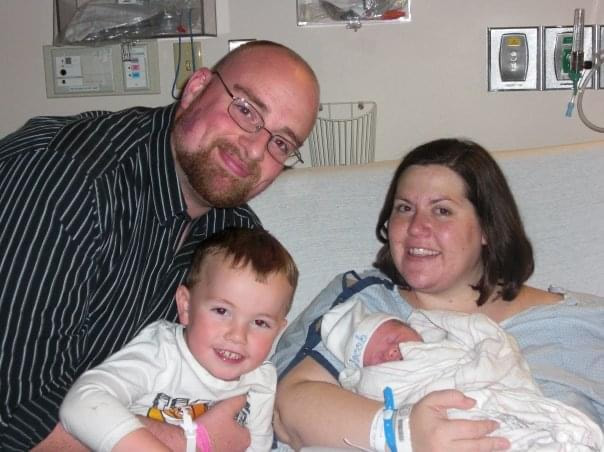
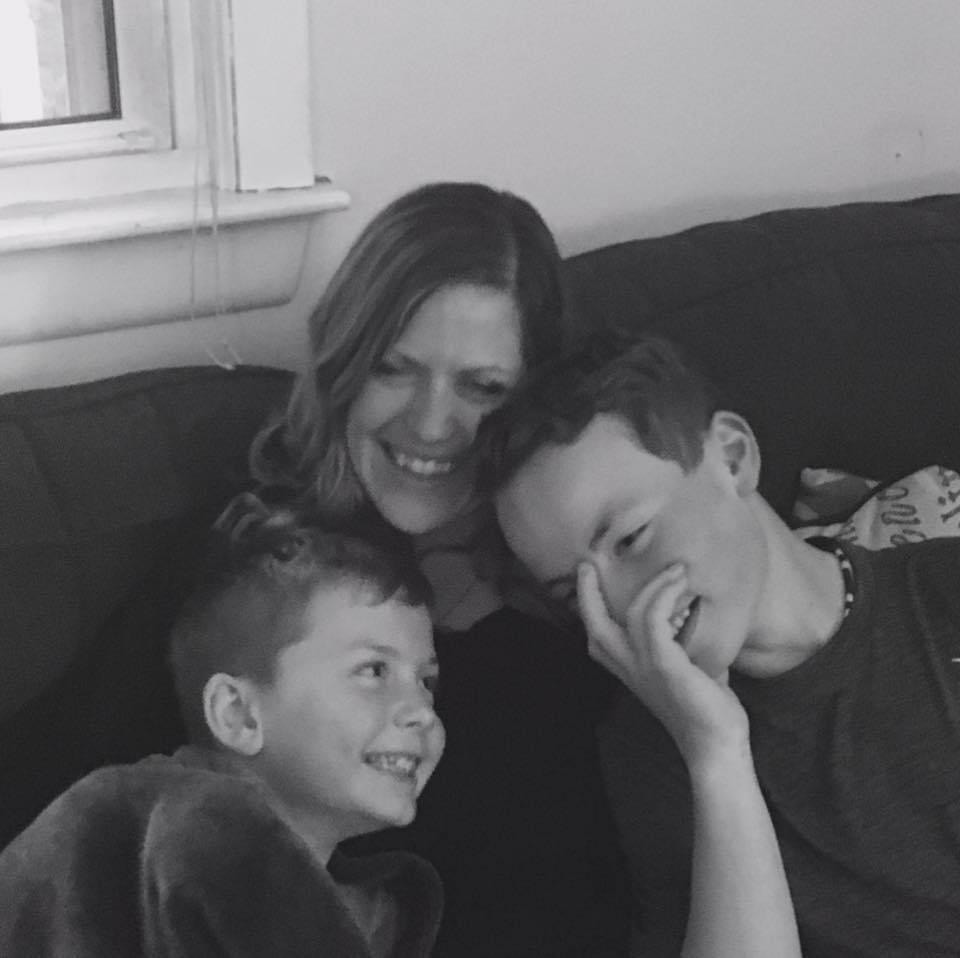
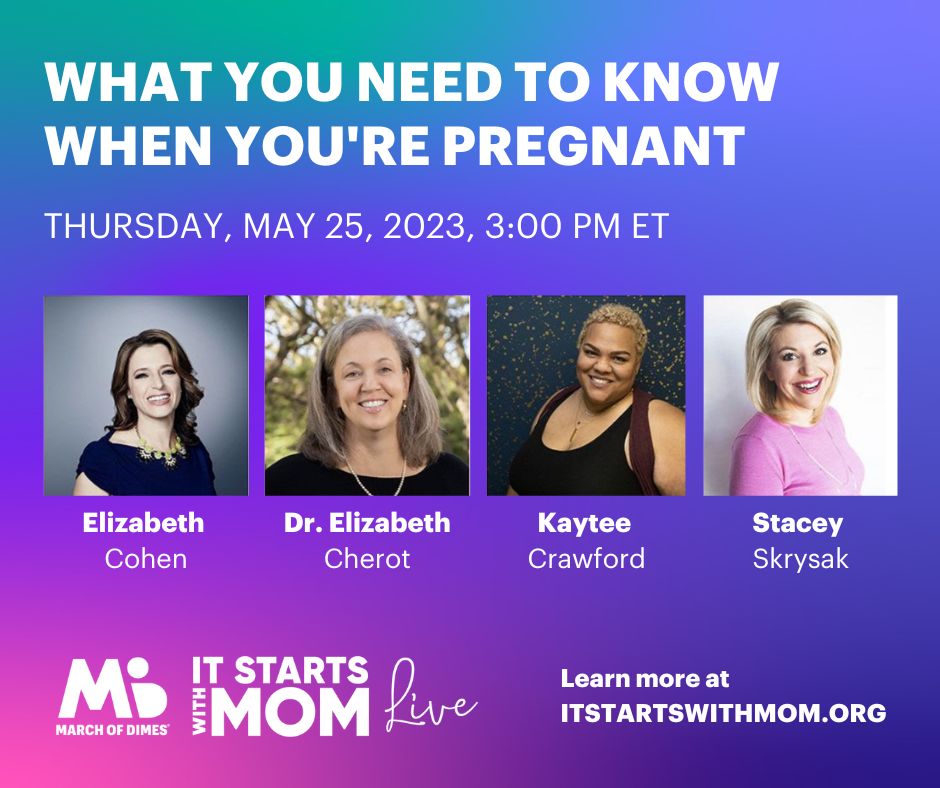
 RSS Feed
RSS Feed
